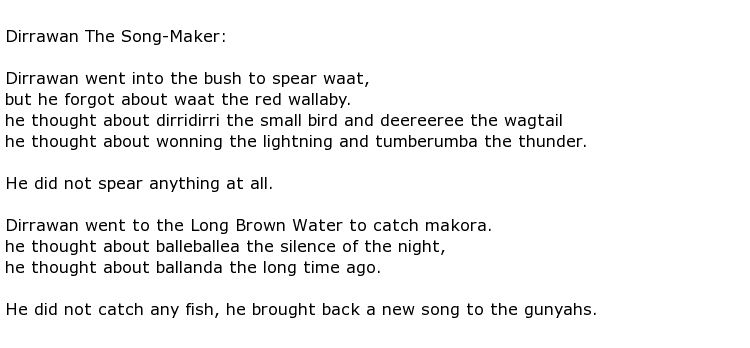 James Devaney was an Australian poet and novelist. He was an occasional journalist over a twenty-year period from 1924, writing a nature column for the Brisbane Courier and also served as a teacher in both Australia and New Zealand.
James Devaney was an Australian poet and novelist. He was an occasional journalist over a twenty-year period from 1924, writing a nature column for the Brisbane Courier and also served as a teacher in both Australia and New Zealand.
He was born James Martin Devaney on the 31st May 1890 in the Victorian town of Bendigo, the son of Irish immigrants. While attending the Catholic boarding school St Joseph’s College, Hunters Hill, he joined an organisation called the Marist Brothers’ juniorate. He took holy vows in 1915 and, on completing these, he adopted the name Fabian Joseph. In fact he used that first name as a pseudonym for some of his writing. He obtained teaching posts from 1911 onwards but, due to a severe bout of tuberculosis, he was forced to return to Sydney in 1919 taking up a teaching post at Darlinghurst. Although clearly ill his Superior refused him the proper medical treatment so, in despair, Brother Fabian was forced to leave the Order after two years in the post.
He made a recovery with the help of sanatorium staff in Queensland and, in 1924, he married one of his carers, Nurse Phyllis Norah de Winton. They had no children. He dedicated the next period of his life to writing, both for the Brisbane Courier and writing other pieces as a freelance journalist. He wrote a great deal of poetry as well and became known as a very able lyric poet. Collections of verse included Fabian (1923), Dark Road (1938) and Where the Wind Goes, published in 1939. A collection of his early work came out in 1950, simply titled Poems and he mounted an attack on modernist thinking in his 1952 book Poetry in Our Time.
His two attempts at being a novelist only brought limited success but he did better with a set of essays on Aboriginal folklore called Vanished Tribes, published in 1929. This book was used as a set book in schools and helped to influence the creation of the Jindyworobak movement. Devaney was one of a number of white poets who, during the 1930s and 1940s, promoted the customs and mythology of Australia’s indigenous people through stories and poems that brought them to wider attention and ensured that they prospered in the now whites-dominated country. Here is one of Devaney’s typical poems on this subject, about a man who goes out to hunt but only comes back with an idea for a new song. It is called

Devaney was a leading member of organisations such as the Catholic Poetry Society and the Queensland Authors” and Artists” Association. He unselfishly gave his time, and sometimes monetary and physical support, to other budding writers such as Oodgeroo Noonuccal (Kath Walker). He gave talks of encouragement at literary conventions and helped other writers to get their work published. In 1958 he accompanied literary historian Professor Manning Clark and fellow writer Judah Waten when they visited the Soviet Union to talk about Australian literature.
His home life was never easy. He had separated from his drug addict wife sometime during the 1940s but he left his last teaching post in 1962 in order to nurse her following an overdose. She died though but this was typical of his kind and generous nature. He was a staunch Catholic but extremely tolerant of all faiths and cultures with a strongly humanitarian approach to life.
James Devaney died on the 14th August 1976 in Brisbane at the age of 86.

